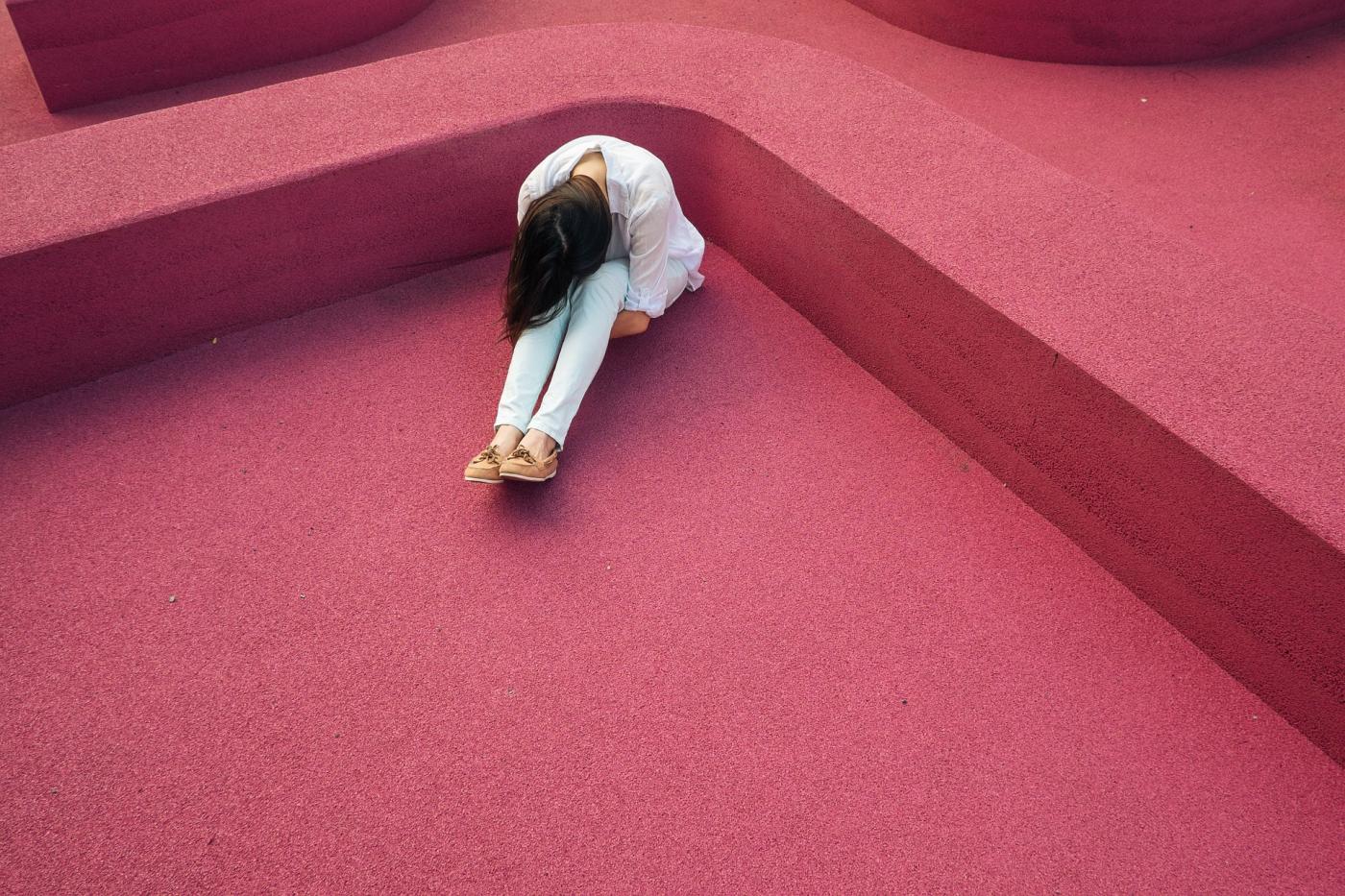Municipality of Utrecht wants to pay more attention to students’ mental health

Conducted last year by the Trimbos Institute, the National Institute for Public Health and the Environment (RIVM), and the local health services (GGD), the nationwide study (available in Dutch only) caused a stir. The outgoing cabinet qualifed the figures as "highly disturbing", promising to tackle the problems described in the report "with the utmost urgency".
According to the study, two out of three students feel "emotionally exhausted" and 25 percent of the students sometimes wish to go to sleep and never wake up again. In addition, a considerable number of students reports feeling stressed, which has led them to consume more alcohol and soft drugs. The survey also revealed that 80 percent of the students feel lonely, with 29 percent of them feeling "seriously lonely".
Criticism
However, the study was criticised by academics who said that the figures not representative. After all, only 11.7 percent of the university students approached have actually filled out the questionnaire. In addition, UvA professor of Psychological Measures Han van der Maas argues that the students who do suffer from psychological issues are more likely to fill out the questionnaire because they have symptoms. The report would, therefore, provide a distorted image of the situation.
In a written response (available only in Dutch), the report's authors admit that they might have been biased and that the response was low, however they state that, in the absolute sense, the number of students who filled out the questionnaire was large enough: 250,000 students received the invitation to reply, of which almost 30,000 students of fifteen different institutions participated.
Even worse in Utrecht
Members of the city council got concerned after reading the report. About the critics questioning the legitimacy of the research, Jelmer Schreuder of political party D66 is clear: "Even if you cut the figures in half, they are still shocking. Whether it’s 60, 70, 80 or 90 percent, it’s all too much. We have already been worried about our students’ mental health for some time."
This is the reason parties D66, Student & Starter, and GroenLinks posed questions about this topic in the council meeting of November 25. They wanted to know what the situation is like in Utrecht and what the municipality and the educational institutions could do for the students.
Council member Eelco Eerenberg shares these concerns and states that local research indicates that loneliness is more common among Utrecht students than the national average. Whereas nationally, 80 percent of students state they feel lonely, in Utrecht that figure is almost 90 percent. In roughly the same period as the national research, 1,900 young people aged between 16 and 25 participated in a study called Health Monitor of Young Adults by the municipality of Utrecht. The rest of the results are in line with the national research.
Theme month
Council member Eerenberg wants to improve and expand the effort already made by the municipality to support young adults, as he said in a council meeting. He would like to focus on early detention: finding ways to see which young people are vulnerable already at an early stage. The current offer of support can also be made more accessible. It’s important to normalize the subject of mental vulnerability and to make it discussible.
Joukje Valkenburg-Beiboer, Press officer of the municipality, later adds: "At this moment we’re working on a campaign to reach more young people with information about this subject and to offer help and support where necessary." This includes a number of online and offline campaigns.
Since the start of the pandemic, all sorts of initiatives have been set up to help young people, such as the project ‘Grow with the flow’ by Thirty030, which aims make mental health more discussable by means of city ambassadors; the WachtVerzachter that helps young people bridge the long waiting period for the GGZ; youth course MHFA (Mental Health First Aid) to enlarge the knowledge about mental health problems; and the walking coaches of Walk, Reflect and Act.
Are you having suicidal thoughts? Talk about it. You can chat anonymously through 113.nl or make a free phone call to 113 or 0800-0113 24/7